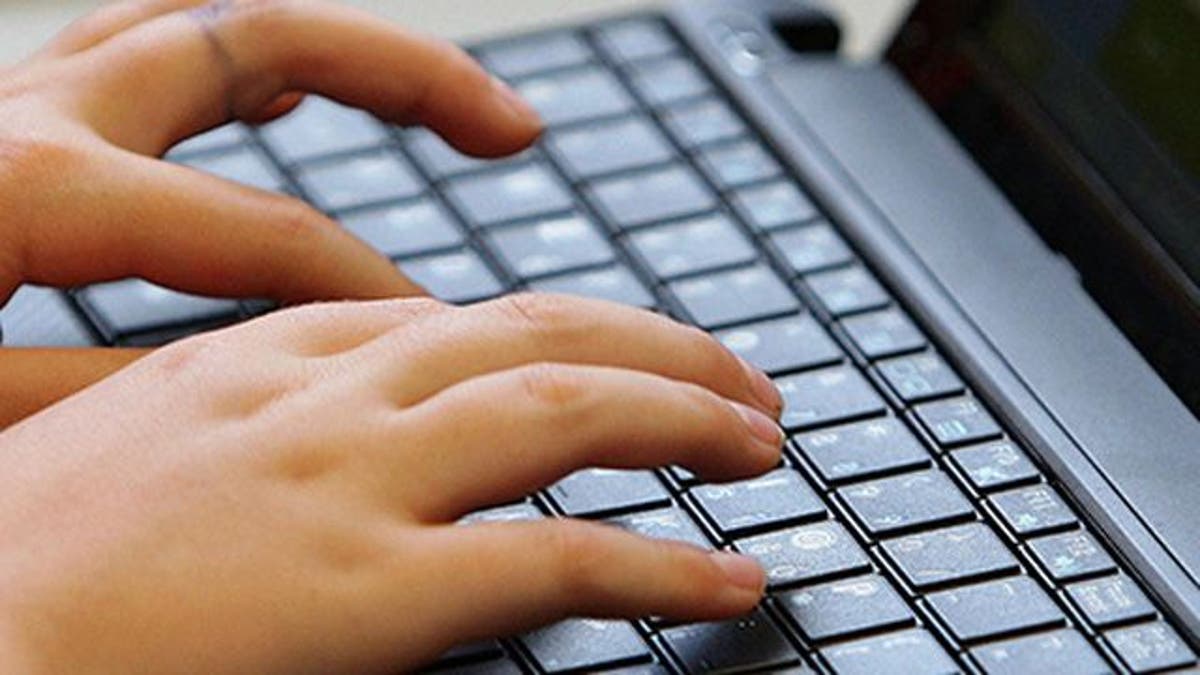
The Internet does not erase our moral responsibility – some activities involving technology are simply wrong. Our culture, mores, religion and the weight of judgment of the Internet community can and should encourage ethical behavior.
I suggest we live by the Golden Rule and consider how we want to be treated before we act in a way affecting others, whether online or off.
[pullquote]
I believe that through innovation we can solve the world’s biggest problems. Technological advances like driverless cars, commercial drones and genetic mapping are helping us solve international challenges in agriculture, water, health care, transportation, energy and education. And through the Internet of Things, we are more connected, informed and engaged than ever before. But as new technologies change the way we live, work and play, it’s becoming too easy to take advantage of “gray areas” in our interactions with others.
I grapple with these gray areas every day. Texting while driving is reckless, but if I am stuck at a three-minute red light, can I quickly check the text I received? My wife and I don’t like our toddler to watch television, but is it OK if the show is in a language we want him to learn? Checking your Smartphone at the dinner table is wrong, but is it socially acceptable to respond to an urgent text?
Recently, my wife and I put a relatively unused baby stroller on Craigslist. We agreed to a price below our asking price, but an hour later we received a full-price, cash offer from another buyer.
We stuck with the original buyer, even though it meant less money. Several of our friends told us we did the wrong thing, and one of them said, “It’s the Internet and it’s business – you go with the highest price.” That reasoning is problematic. Whether you make a deal online or in person, honesty demands that you stick with your agreements.
In business, the Internet has changed the way we interact with retailers and service providers. Rating services are a smart, helpful way for us to see how doctors, hotels, restaurants and other service providers perform. But should we give a business a good rating just because they are friends or because they did a favor for us? Should we have to reveal the connection or favor if we give a good rating? Anonymity blurs those lines, but we still have a responsibility to be honest.
Increasingly, our mobile connected devices give us instant access to troves of information, including intimate details about our own lives. And as more of our collective personal data migrates online, we can research anyone before we meet, date or hire them.
We can look up birthdays, work histories and family information.
We can find the value of a friend’s house on Zillow.
We can see how much a government or nonprofit employee makes, or check the new national database to learn how much our doctor receives in Medicare reimbursements.
With all this information at our fingertips, how can we tell when we’re crossing the line between accessing necessary information and being just plain nosy?
The Internet should never be blocked, restricted or subject to government censors simply because some people use it to do bad things.
America should look at other countries for examples of what not to do. China deploys thousands of censors and blocks its citizens’ access to great websites like Google and Facebook.
Europe is using the Edward Snowden revelations and privacy laws to build information barricades around the EU countries. In fact, Europe’s highest court has given citizens the right to erase unpleasant facts about themselves on the Internet by requiring search engines to respond to individual requests to do so – opening the door to selective censorship.
Totalitarian regimes restrict citizens’ access to what free societies provide as a basic human right.
While government intervention is necessary in some cases of real harm – such as the sexual exploitation of children – it should be a last resort.
Too much regulation inadvertently stifles game-changing innovation. We already see this in attacks against game-changing technologies such as Aereo, the DISH Hopper, Tesla and Uber. These innovations threaten the status quo – and that’s a good thing. Our freedom and success as a nation depend on our ability to upset the apple cart and do things differently and better.
Advancements in consumer technology give us great power to solve global challenges. But unchecked government regulation threatens to choke off vital innovation around the world.
Just like it’s up to each of us to keep our digital interactions honest and fair, it’s up to governments around the world to keep these digital pathways free and unobstructed.
We must focus our policymakers on the value of innovation, freedom and access to information, but not at the expense of ethical responsibility.
